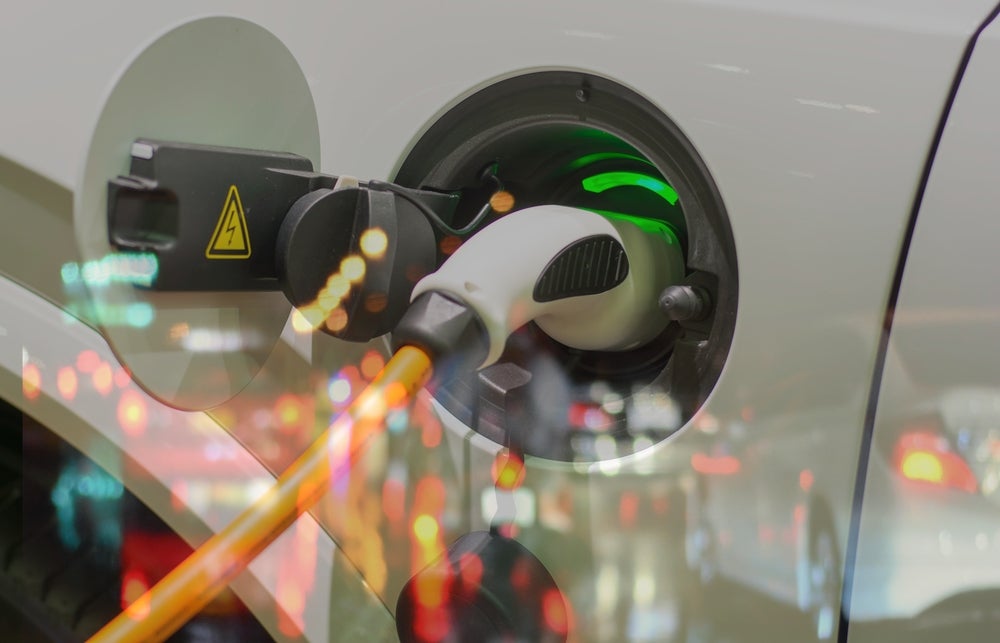
Although the widespread adoption of electric vehicles (EVs) is essential to lower carbon emissions, the rise in their number could put extra pressure on the national and local electricity grid.
The number of electric vehicles on UK roads is expected to reach 17 million by 2030, meaning that current infrastructure is in danger of crashing under the increased strain of providing extra power.
Therefore, companies are looking to a technological solution to solve the dilemma.
Smart chargers are battery chargers that adapt charging rates to fit shifting demands on the grid, adjusting energy flow to cope when demand is high.
For example, if an EV is plugged in for several hours overnight, a smart charger would charge when electricity consumption is at its lowest, distributing the available power flexibly instead of charging at a constant rate.
Electric Nation: the project aiding the rollout of smart charging
The Electric Nation project is intended to ensure that networks can cope with the new challenges that come with electric vehicles. Over the last 18 months it has been gathering data on the impact of the home charging of EVs on the local electricity network, and evaluated the reliability and acceptability of smart charging to EV owners.
How well do you really know your competitors?
Access the most comprehensive Company Profiles on the market, powered by GlobalData. Save hours of research. Gain competitive edge.

Thank you!
Your download email will arrive shortly
Not ready to buy yet? Download a free sample
We are confident about the unique quality of our Company Profiles. However, we want you to make the most beneficial decision for your business, so we offer a free sample that you can download by submitting the below form
By GlobalDataThe company collected charging information from almost 700 trial participants, with data from more than 140,000 charging transactions. This is thought to be the world’s largest EV Smart Charging trial and the results were encouraging.
The project monitored participants’ charging habits to gather data on plug-in behaviour including frequency, length and amount of energy consumed, and initial findings show that on average, vehicles are plugged in for over 12 hours, but they are rarely charging for the full time.
This indicates that smart charging could be easily implemented without greatly affecting the amount of power available to vehicles, and suggests that there is likely to be sufficient flexibility to manage charging away from peak electricity demand periods.
It is hoped that the trial will help Western Power Distribution improve its understanding of the impact of EVs on its networks and how this impact could be reduced using smart chargers alongside customer incentive schemes.
Over the 18-month trial EV owners were also involved in tests of smart charging strategies. These included the use of apps to encourage driver interaction with smart charging systems to minimise disruption to planned EV journeys, and offering incentives to encourage EV owners to opt to charge their EVs when network congestion is low (e.g. overnight rather than early evening).
Overall, the findings will be useful in assessing the practicalities of implementing smart charging on a larger scale. Electric Nation will now analyse the results, with a full report expected this year.







